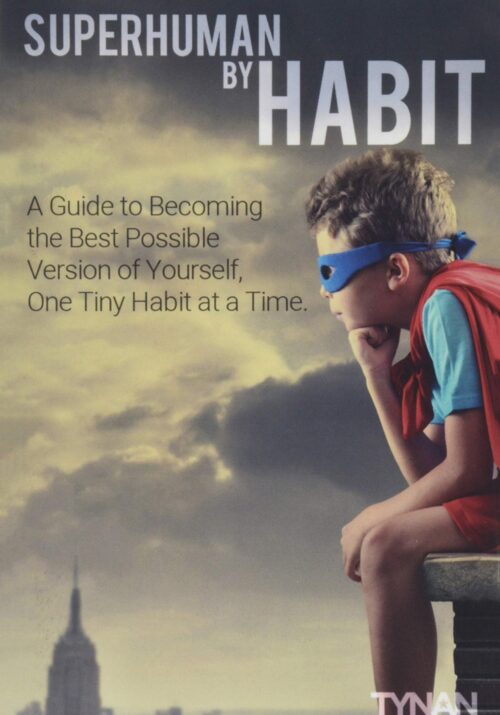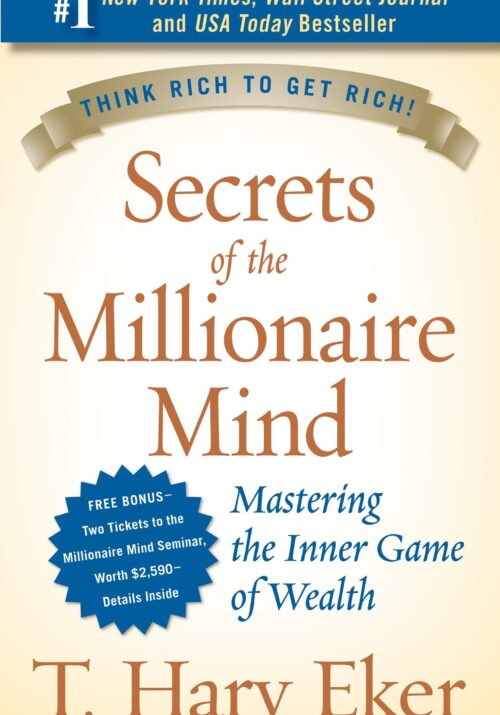Will Power
Roy Baumeister, has established the following important Truth about willpower: You have a finite amount of willpower that becomes depleted as you use it.
The most common desires these subjects fought include, not surprisingly, eating, sleeping, checking e-mail, social networking sites, surfing the web, listening to music, or watching television.”
Over time these distractions drained their finite pool of willpower until they could no longer resist.
The key to developing a deep work habit is to move beyond good intentions and add routines and rituals to your working life designed to minimize the amount of your limited willpower necessary to transition into and maintain a state of unbroken concentration. If you suddenly decide, for example, in the middle of a distracted afternoon to spend Web browning, to switch your attention to a cognitively demanding task, you’ll draw heavily from your finite willpower to wrest your attention away from the online shininess.
Such attempts will therefore frequently fail. On the other hand, if you deployed smart routines and rituals, perhaps a set time and quiet location used for your deep tasks each afternoon – you’d require much less willpower to start and keep going.
A frequently cited 2008 paper appearing in the journal Psychological Science describes a simple experiment. Subjects were split into two groups. One group was asked to take a walk on a wooded path in an arboretum near the Ann Arbor, Michigan, campus where the study was conducted.
The other group was sent on a walk through the bustling center of the city. Both groups were then given a concentration sapping task called backward digit-span. The core finding of the study is that the nature group performed up to 20 percent better on the task.
The nature advantage still held the next week when the researchers brought back the same subjects and switched the locations: It wasn’t the people who determined performance, but whether or not they got a chance to prepare by walking through the woods.
Directed attention: This resource is finite: If you exhaust it, you’ll struggle to concentrate.
We can think of this resource as the same thing as Baumeister’s limited willpower reserves.
The 2008 study argues that walking on busy city streets requires you to use directed attention, as you must navigate complicated tasks like figuring out when to cross a street to not get run over, or when to maneuver around the slow group of tourists blocking the sidewalk. After just fifty minutes of this focused navigation, the subject’s store of directed attention was low.
We have limited Willpower each day.
Your Willpower is like your cell phone battery. At night time when you charge your cell phone at the start of the day you have a full battery. Throughout the day when you use your cell phone. Your cell phone battery percentage goes down. At the end of the day your cell phone will have low battery. In order to keep using your cell phone. We need to charge it again.
Willpower works the same way. We want to use our Willpower wisely to install our number#1 Habit based on our dreams and goals that can help us achieve our dreams and goals.





Leave a Reply